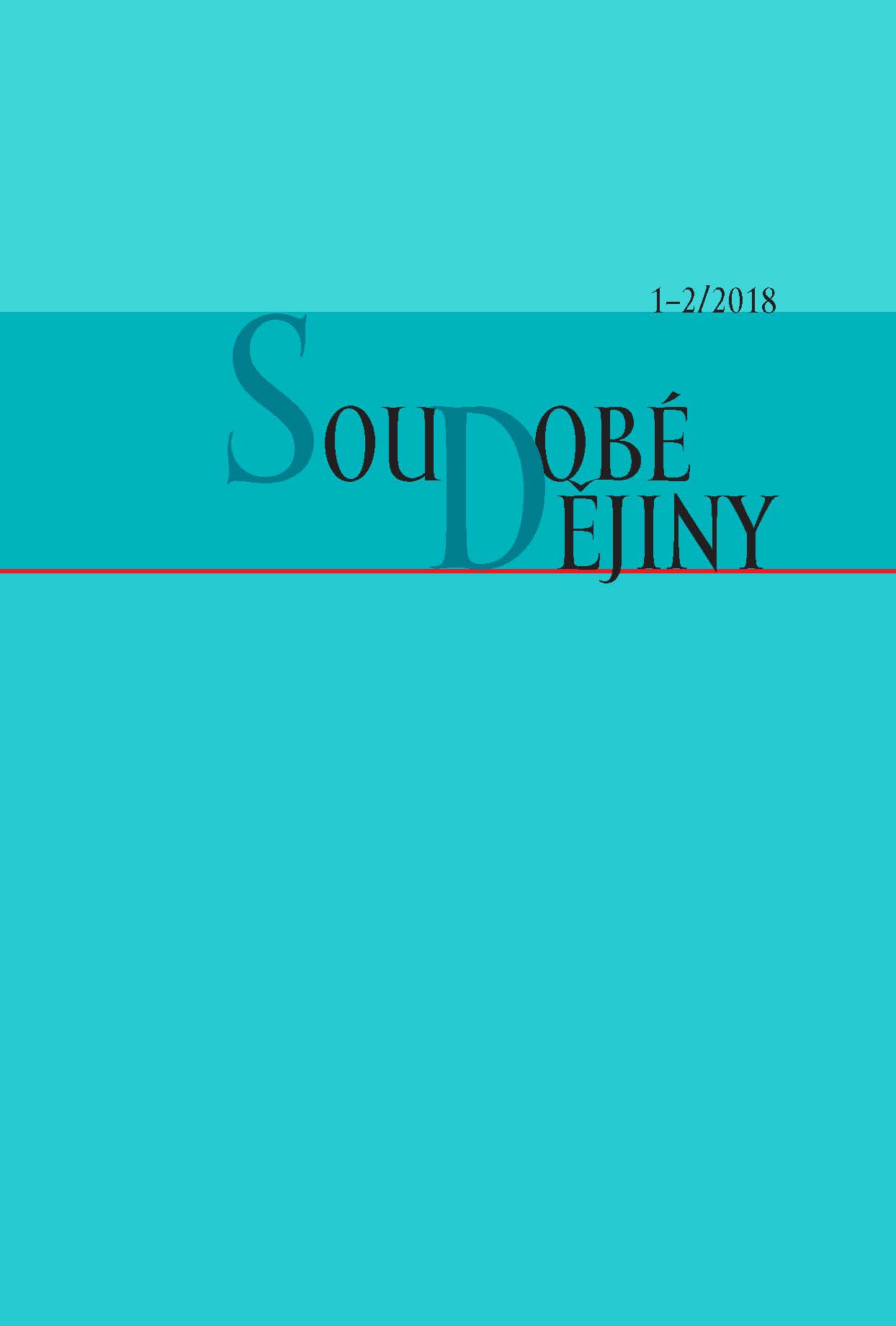Poststalinismus jako (ne)stalinský projekt
modernity?
Post-Stalinism as a (non)Stalinist project of modernity?
Possibilities of a conceptual capture of intellectual “reform” discourses between 1956 and 1968
Author(s): Jan RůžičkaSubject(s): History, History of ideas, Recent History (1900 till today), Interwar Period (1920 - 1939), Post-War period (1950 - 1989), History of Communism
Published by: AV ČR - Akademie věd České republiky - Ústav pro soudobé dějiny
Keywords: Post-Stalinism;Stalinism;Communism;Marxist ideology;modernizationeology;
Summary/Abstract: The author deals with potential approaches to the conceptualization of post-Stalinism as a specific mental formation gradually born at the turn of the 1950s and 1960sas a result of the crisis of Stalinism. In doing so, he is in opposition to approaches perceiving the period after Stalin’s death as a mere de-Stalinization, or as a transition period between Stalinism and the so-called normalization in Czechoslovakia. He chose the modernity, or modernization, theory concept of German sociologist Peter Wagner and a reinterpretation of the work of Marx (or Marxism as such) by American philosopher Moishe Postone as his methodological starting points, and he introduces both of them in detail in his study. It is through this optics and dissociating himself from the theory of totalitarianism that he interprets Stalinism as a project of accelerated modernization the efficiency of which was ensured bya centralist bureaucratic system, including its authoritarian features, better than a market economy would have done. He also attempts to infer that Stalinism was a specific evolution of thoughts of Marx and Lenin in given historical circumstances. After the 2nd World War, it was paradigmatically applied in other countries with outtaking into account their regional specifics, or the previous history and existinglevel of modernization; during the 1950s, its potential was ultimately spent. In the end, the author tries to view intellectual reform discourses in Czechoslovakia in the 1960s as a distinctive attempt to restart a specific version of socialist modernity. In doing so, he focuses on issues related to the notions of revolution, history, and market, and formulates some hypotheses and topics for discussion.
Journal: Soudobé Dějiny
- Issue Year: XXV/2018
- Issue No: 1+2
- Page Range: 208-228
- Page Count: 21
- Language: Czech

